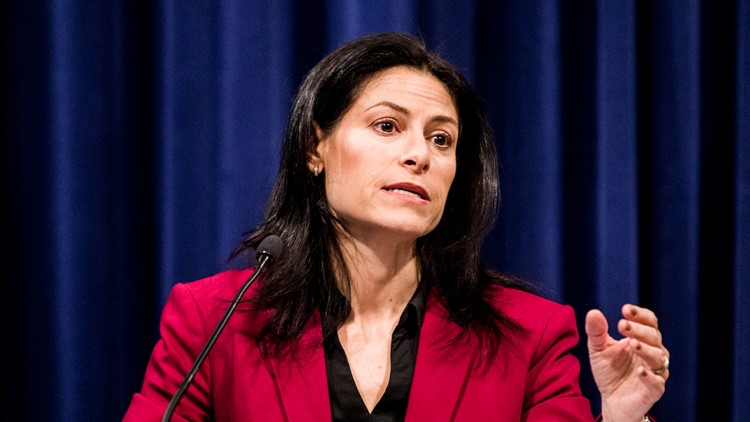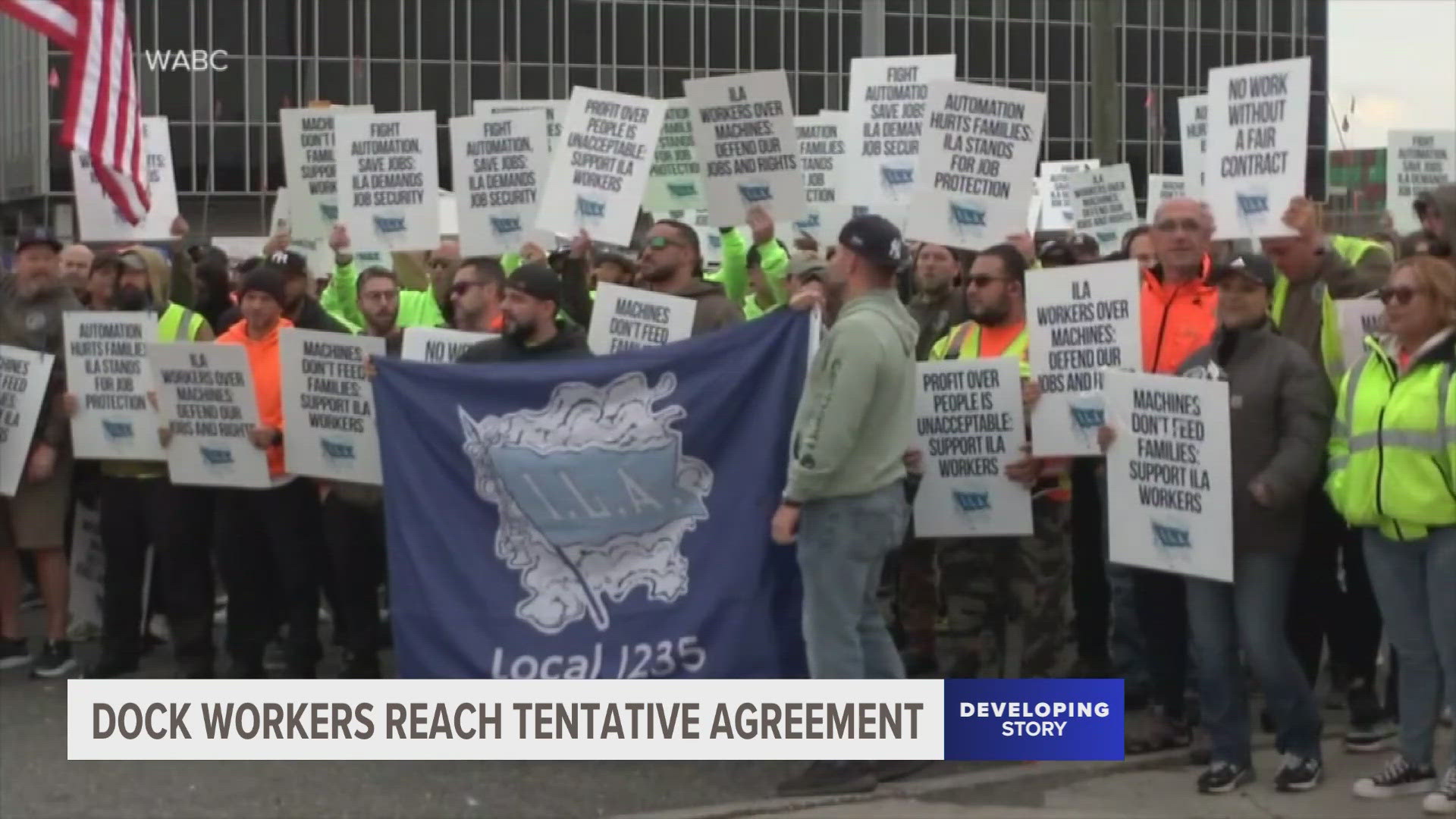LANSING, Mich. — Michigan Attorney General Danna Nessel announced Wednesday that she has joined six other states in filing a major lawsuit against two Texas businesses accused of producing billions of illegal robocalls over the last two years.
The two businesses accused are Rising Eagle Capital Group LLC and JSquared Telecom LLC.
According to Nessel, these companies produced over 42 million illegal robocalls targeting Michigan residents over a 5-month period in 2019 alone.
The Federal Communications Commission said the businesses are owned by a John Spiller II and Jakob Mears.
Together, these business partners reportedly used illegal robocalls, prerecorded messages, to make solicitations for extended car warranties and health care services. On the filing, the partners are each named as defendants.
"These bad actors seeking to take advantage of consumers are the exact reason we created our Robocall Crackdown Initiative,” Nessel said. “We have made it clear that illegal robocalls are not welcome here and thanks to this collaborative effort, we are holding these businesses accountable for attempting to mislead and harass consumers.”
According to the filing, evidence shows that the defendants engaged in caller identification spoofing, failed to provide information about the caller to mislead victims, and targeted phone numbers on the National Do Not Call Registry.
Lawsuit plaintiffs include Nessel, along with attorney generals from Arkansas, Indiana, Missouri, North Caroline, Ohio and Texas.
The plaintiffs say that Rising Eagle and JSquared violated the federal Telephone Consumer Protection Act, the Michigan Home Solicitation Sales Act, the Michigan Consumer Protection Act, and more.
On Tuesday, the Federal Communications Commission (FCC) also announced its own legal action against the two businesses. A $225 million fine against the business owners was proposed by the U.S. communications regulator, its largest proposed fine ever.
“Spoofed robocalls are a major problem for consumers across the country,” said FCC Chairman Ajit Pai. “I’m grateful to have partners like these state attorneys general as we fight on behalf of American consumers. We are making it clear that scamming consumers and—as we saw in this case—tricking them into buying products under false pretenses cannot and will not go unchecked. That is why the FCC and state officials are standing together and taking strong action to protect the American public from the scourge of spoofed robocalls.”
According to the FCC, the fine is not a final decision, and the defendants will have a chance to respond.
Now, the Michigan Department of Attorney General is asking for consumer help in their effort to investigate robocallers.
While the best way to deal with robocalls is to simply hang up or not answer the phone if an unrecognized number is calling, the department says certain information is helpful for the investigation, including the following:
- The robocaller’s phone number
- Your phone number and service provider
- The date and time of the call
- Whether the robocall was soliciting goods or services
- The topic of the robocall scam
This information can be submitted to the Attorney General’s office as part of an official compliant.
The department says robocalls to landlines can’t be traced back, so complaints about landline calls cannot be used to aide the investigation.
More from 13 ON YOUR SIDE:
►Make it easy to keep up to date with more stories like this. Download the 13 ON YOUR SIDE app now.
Have a news tip? Email news@13onyourside.com, visit our Facebook page or Twitter. Subscribe to our YouTube channel.




